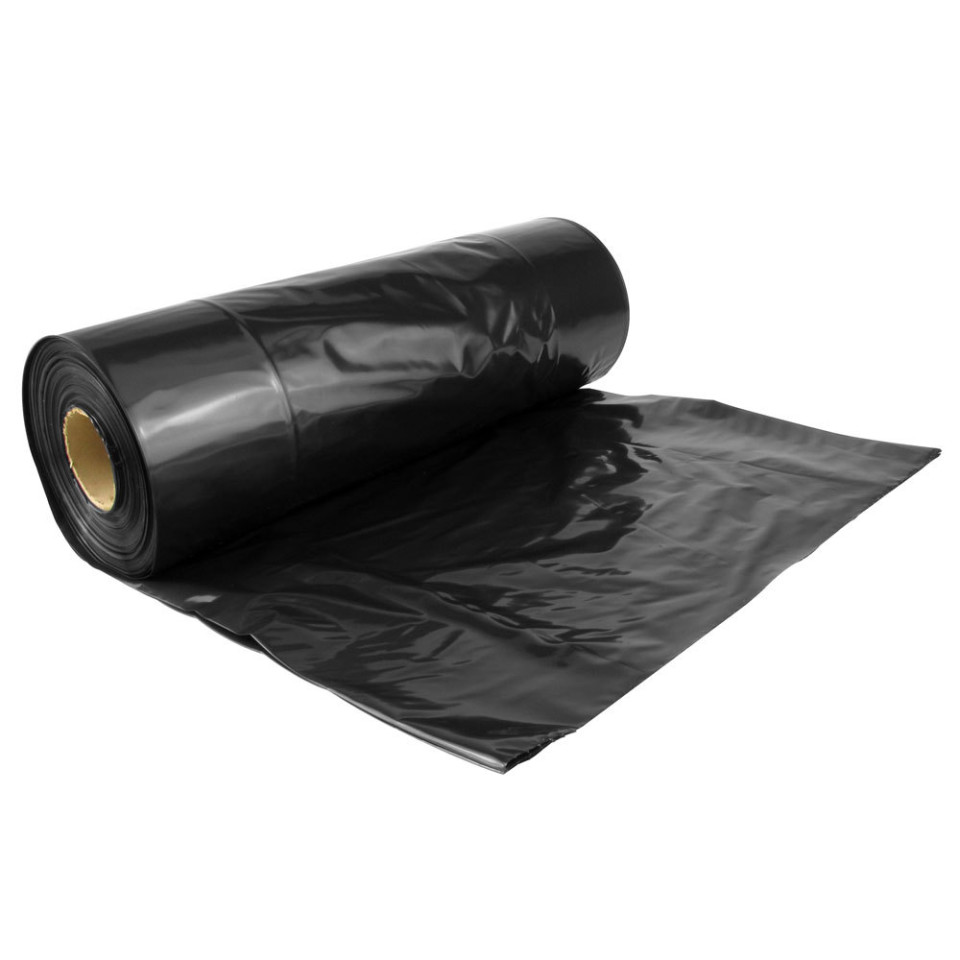When your pet dies at home and you’re faced with handling their remains, you need to to take immediate action once you’ve contacted a pet aftercare professional in your area (search PetAftercare.US).
A common question that pet owners ask; “how do I handle my pet’s remains”.
Tips for handling your deceased pet’s remains;
 Wear gloves and protective clothing to prevent the spread of disease causing bacteria and germs. If you suspect that your pet has died due to an infectious disease, contact a veterinarian or pet aftercare professional before handling your deceased pet’s remains. (see also Canine Parvovirus and protecting other household pets)
Wear gloves and protective clothing to prevent the spread of disease causing bacteria and germs. If you suspect that your pet has died due to an infectious disease, contact a veterinarian or pet aftercare professional before handling your deceased pet’s remains. (see also Canine Parvovirus and protecting other household pets)- Clean away any fluids that may be present on your pet’s body and thoroughly clean the area once your pet’s remains have been removed.
 Use a bed sheet to tightly wrap your pet’s body and position the body in a curled, natural sleeping positions before the body stiffens due to rigor mortis (sometimes within ten minutes).
Use a bed sheet to tightly wrap your pet’s body and position the body in a curled, natural sleeping positions before the body stiffens due to rigor mortis (sometimes within ten minutes). Place your pet’s wrapped body into a plastic bag, seal it and then place that bag into a large plastic bag and seal it.
Place your pet’s wrapped body into a plastic bag, seal it and then place that bag into a large plastic bag and seal it.- Your pet’s wrapped and sealed remains should be placed in a cool, dry place as soon as possible and preferably placed in a freezer or refrigerator. Keeping your pet’s body dry while keeping them cool is imperative. If there is an extended wait period before pickup and transportation, placing the body on a bed of ice that has been wrapped and sealed and covered with a towel is an effective way of keeping your pet’s remains cool and dry.
 Put a label on the bag that identifies your pet and include your contact information. A Pet Aftercare professional will label or tag the bag during pet pickup. You should make certain that their tag matches your correct information.
Put a label on the bag that identifies your pet and include your contact information. A Pet Aftercare professional will label or tag the bag during pet pickup. You should make certain that their tag matches your correct information.- Once your pet’s remains have been removed, clean and disinfect the area and discard all materials used.
Urgent Request for Price Quote | Find Pet Aftercare Near Me
When pet owners ask; “what do I do with my dog’s body?” or “how do I handle my deceased cat’s remains?”, and “what to do with your pets remains after death“.
How to Handle My Deceased Pet’s Remains – by Bard
The loss of a pet can be a very difficult experience, and the decision of how to handle their remains can be even more challenging. There are many different options available, and the best choice for you will depend on your personal preferences and beliefs.
Here are some of the most common options for handling a deceased pet’s remains:
- Burial: This is the traditional option, and it can be a very personal and meaningful way to say goodbye to your pet. You can bury your pet in your yard, in a pet cemetery, or in a forest or other natural setting.
- Cremation: Cremation is another popular option, and it offers a number of benefits. It is a more sanitary option than burial, and it allows you to keep your pet’s ashes in an urn or other keepsake.
- Disposal: If you do not want to bury or cremate your pet, you can also choose to have their remains disposed of by a veterinarian or animal control agency. This is usually the least expensive option, but it may not be as emotionally satisfying as burial or cremation.
No matter which option you choose, it is important to take some time to think about what is best for you and your pet. There is no right or wrong answer, and the most important thing is to do what feels right for you.
Here are some additional tips for handling a deceased pet’s remains:
- Be prepared: If you know that your pet is nearing the end of their life, it can be helpful to start thinking about what you want to do with their remains. This will give you time to research your options and make a decision that you feel comfortable with.
- Get help: If you are struggling to cope with the loss of your pet, there are many resources available to help you. Your veterinarian, a pet loss support group, or a grief counselor can provide you with support and guidance.
- Remember the good times: It is important to remember the good times you had with your pet. This can help you to heal and to move on from your loss.
Losing a pet is never easy, but it is important to remember that you are not alone. There are many people who understand what you are going through, and there are many resources available to help you cope with your loss.
Books on Amazon: Pet Loss Self Help, Healing, Coping with Sorrow
Pet Loss Counseling & Self-Help
Helpful Articles:
Advice on what to do when a dog or cat dies suddenly – Star Telegram
http://www.star-telegram.com/living/family/moms/article3827833.html
Canine parvovirus is a highly contagious virus – AVMA
https://www.avma.org/public/PetCare/Pages/canine-parvovirus.aspx
What Should I Do if My Dog Died at Home?
What Should I Do if My Cat Died at Home?
What to Do With Your Pet’s Remains After Death.
What to do with the body when dog dies at home and who to call for pet cremation.
HOME
HANDLINGMYPETSREMAINSPOST20171202
3 Comments
Comments are closed.